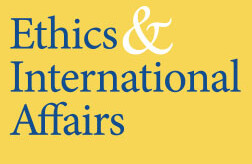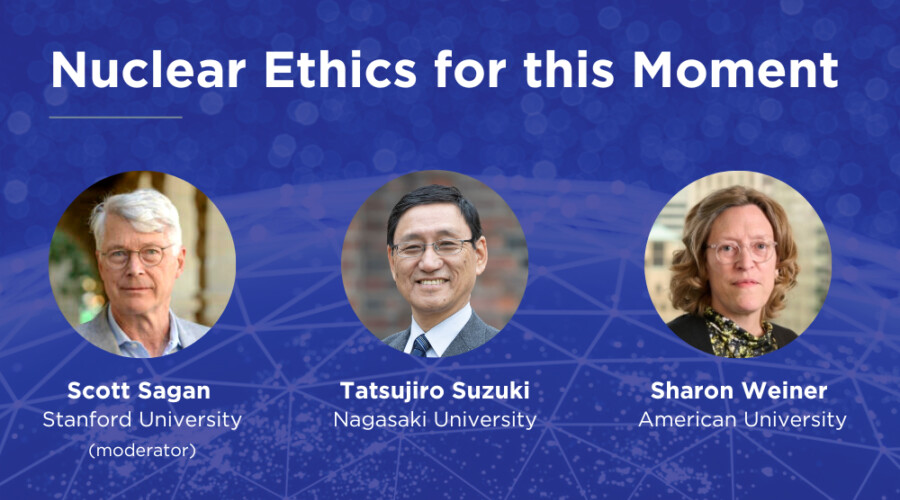The Life You Can Save opens with its author's famous thought experiment, first issued in 1972, in which the reader is invited to weigh the pros of saving a child drowning in a shallow pond against the cons of dirtying one's shoes in the process. The story is intended to help us think about the moral relationship between the global rich and global poor, and the level of moral responsibility that ''we,'' as well-off individuals in developed countries, have to contribute to the prevention of poverty-related death and suffering in the world at large. Despite a shared moral intuition about the importance of helping the needy, most of us spend incomparably more on luxuries—if not pleasure boats, then soft drinks—than we donate to aid agencies who make it their business to wade, on our behalf, into the muddy waters of world poverty.
While the thought experiment and Singer's accompanying utilitarian argument bear revisiting, the purpose and value of the book lie, first, in its efforts to face down common objections to this line of thought (which finds that ''if you do not donate to aid agencies, you are doing something wrong''), such as the idea that we should be entitled to spend the money we earn on ourselves or that we in the developed world are already generous enough. Here Singer engages not merely the philosophical reactions to his work, but also the opinions of friends, audiences, students, letter-writers, and journalists.
With this wide circle of interlocutors, the book is geared toward fostering broad debate and concrete social change. Singer works to explain and roll back some of the barriers that prevent even those who might be inclined to buy into his general stance from taking the commitment seriously. Through discussions of the moral psychology and public culture of giving, through laying out inspirational real-world examples of givers (and discomforting examples of hoarders), and even by appealing to our self-interest in feeling good about ourselves, Singer hopes to nudge developed societies toward a culture of philanthropy.
Dead Aid: Why Aid Is Not Working and How There Is a Better Way for Africa, Dambisa Moyo (New York: Farrar, Straus and Giroux, 2009), 188 pp., $24 cloth.
Here an economist from outside the West and, for much of her career, outside the academy (having worked at the World Bank and Goldman Sachs) asks tough questions about development policy in Africa. While in recent decades many countries have turned the corner toward prosperity, most African nations remain mired in poverty. What has been holding Africa back? Moyo argues that an essential part of the story is that, despite their good intentions, Western donors, development agencies, and policy-makers have inflicted a ''silent killer of growth'' on the African continent: foreign aid. Among its negative effects cataloged in the first half of the book—which also contains a brief history of aid policy, from Bretton Woods in 1944 to Gleneagles in 2005—aid is portrayed as locking in corruption and fostering a culture of dependency.
In joining the ranks of such aid critics as William Easterly and Paul Collier, Moyo (who was raised in Lusaka, Zambia) brings to the discussion an apt sensibility to support the case for no longer viewing Africa as somehow ''helpless'' if not for such foreign assistance. Her positive proposal would cut off traditional aid channels and focus on ways to unlock Africa's latent potential, bringing new, local agents into the economy. In the second part of the book Moyo surveys market-based development options, such as microfinance, intended to increase and free up private capital in Africa itself. Her menu of alternatives to aid also puts a positive spotlight on the Chinese model of no-strings investment and expanding trade.
In encouraging the reader to consider how market-based development might truly take off, Moyo asks what we think would happen if African countries were told that foreign aid would simply be shut off forever in five years time. Would we expect business (or lack of business) to carry on as usual? Or might the stage be set for a dramatic turnaround—one which relies on the determination of Africans to take control of their future?
Arguing the Just War in Islam, John Kelsay (Cambridge, Mass.: Harvard University Press, 2007), 263 pp., $25 cloth, $19 paper.
John Kelsay's book offers an overview of the question of just war in Islam, from the notion of muruwwa (meaning ''bravery in battle''), the main moral value upon which the early tribal organization in the Arabic peninsula was founded, to the proper conception of the umma (the community of believers in Islam). The book pays great attention to the foundational narratives of Islam as a way of understanding the religious sources invoked in current calls for a restoration of the authenticity of the faith. In this, the book goes beyond a simple survey of the historical genealogy of these narratives to also analyze their theological and epistemological status, emphasizing how these traditional texts can be and have been submitted to critique within Islam itself. The analysis is helpfully accompanied by a semantic clarification of concepts such as shari'a (the path), fatwa (opinions), or jihad (struggle), which unloads them of their usual controversial connotations.
Much of the value of the book lies in its efforts to trace the evolution of the debates on the morality of war under successive political arrangements in the Muslim world. For instance, Kelsay finds that the demise of the Ottoman caliphate—the last remaining symbol of the unity of the old territory of Islam—posed a legitimacy crisis in the Islamic community. Against the backdrop of this new political context, the question of the relationship between the theological and the political was revisited by scholars such as the Egyptian al-Raziq, whose controversial argument held that Muslims should not equate authority in religion with authority in politics, and therefore that Islam need not be committed to restoring the old caliphate. The book is instructive in showing how such long-standing debates resonate today within the wider debate on Islamic terrorism, and in how certain key just war notions have been ascribed a more militant meaning, including within Islam.


